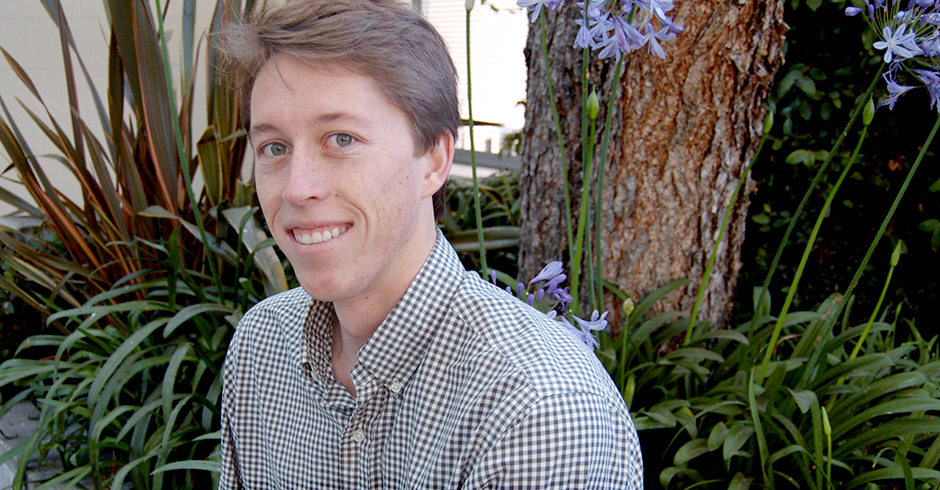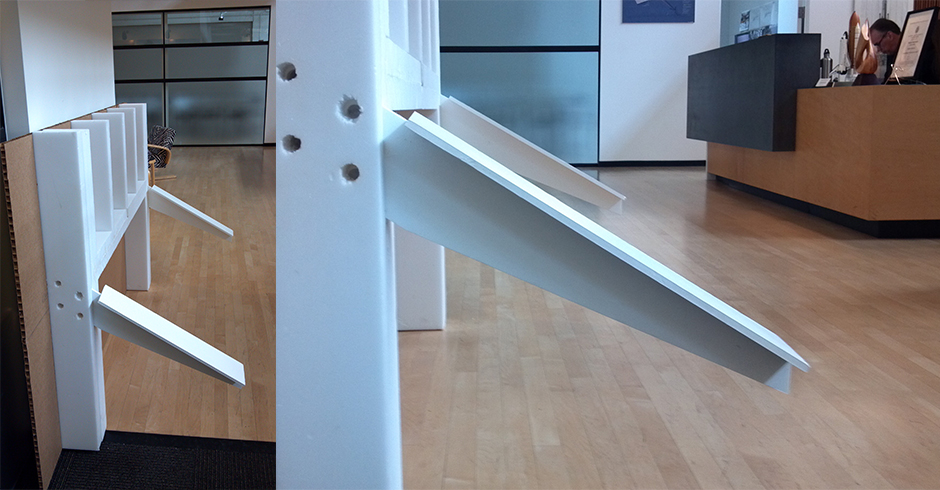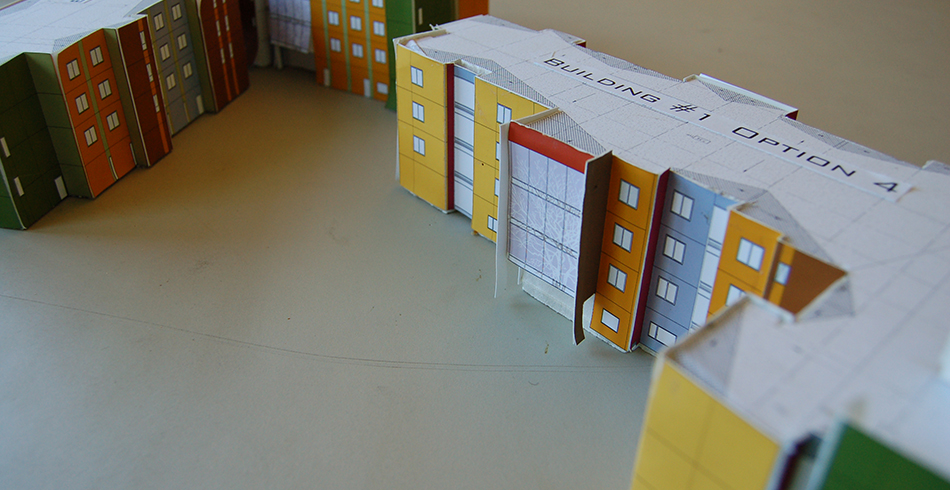How to Succeed in Architecture
Considered a threshold into the realm of job opportunities, the internship plays a crucial role in the genesis and direction of one’s career. I began my first internship when I was a senior at the University of California, Berkeley at the architecture firm EHDD. Because I was simultaneously interning and in college, I approached this experience as an educational opportunity; an outlook needed to extract as much as possible from these situations. It was ultimately a success; I am currently a full-time employee at EHDD. By embarking with an intellectual curiosity and ambition to learn, you have an opportunity to create a leverageable impression on your co-workers and gain further skills and knowledge.
To achieve this growth, it is extremely important to consistently move outside of one’s comfort zone. It is easy to sink into the monotony and comfort of the familiar, and extremely hard to force oneself to step into the entirely unknown. The fear of failure or embarrassment often trumps our desire to succeed – and will return little to no significant growth. But this is an internship – your employer isn’t expecting you to be able to perform at the level of someone who has been working full-time for 10 years. Now is the time to push the boundaries of your comfort and take on challenges and struggle to meet them. If you fail, not only have you learned from your attempt, but will learn from the failure itself. If you succeed in any degree, you prove that you can handle uncertainty, and can learn and adapt quickly to challenging situations.
One of the first tasks I received as an EHDD intern was the design of a sun shade to minimize solar gains through southern exposure glazing. The design team I worked with was small, and the project design reviews were held with the team including one of the firm’s principals. Although I had little real experience designing shading structures, I knew this was an opportunity to showcase my skills. I stayed late that entire week, drawing shading masks and building a full-scale mock-up of what I designed. When the project review came around, I exceeded expectations. Not only did I have proof of the structures efficiency and performance, but also an enormous full-scale model illustrating its geometry rendered in ten feet of foam and cardboard reality. Through a presentation of my work, and the resulting dialogue, I was able to directly interact and learn from the principal and my co-workers. Despite my fear of failing with an embarrassingly large full scale model, I excelled with little direction. This certainly created a memorable impression on those around me and helped remove some of the distance between myself and my co-workers.
That model lived in the office for a couple of months – often becoming the impetus behind meeting more co-workers. This eagerness to learn and better oneself will be clearly perceived by your employer, and should serve to foster relationships. Many of your coworkers could be considered experts in their field – placing you in the midst of an extensive knowledge bank. Take any opportunity you can get to interact with them, ask them questions incessantly as this is the only way learn. For some, this constant inter-personal interaction will be hard, but again, step outside of what you consider comfortable and you will grow. Making relationships is an extremely valuable by-product of stepping into the unfamiliar and can be leveraged to transition into full-time employment. When it was time for my internship to end, I had a bevy of co-workers willing to help me find full time employment. Those I had demonstrated my ambition and aptness were happy to write recommendations, put me in contact with connections at other firms, and vouch for my transition to full-time within EHDD. Without these relationships I would not be working full-time at EHDD today. And without stretching myself past what I already knew, I would not have created the positive impressions that would ultimately get me hired.
If at the end of your internship you are not immediately offered a job, use the impressions you made and the relationships you formed to facilitate other job leads and personal recommendations. And with myself as an example, definitely do not give up on the company where you interned. If you made the right impressions and had the right attitude, it just may be a matter of timing.
Matt Bowles
Designer


